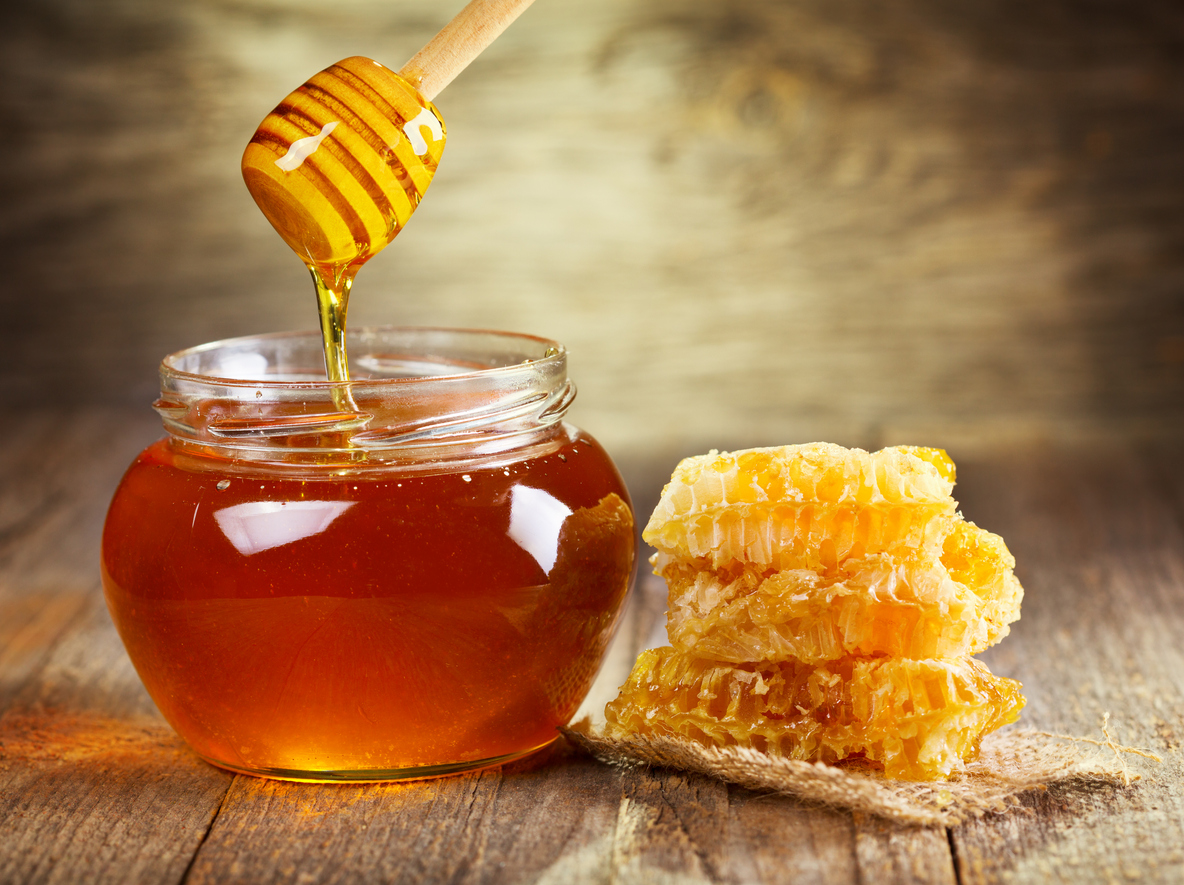Properties of Honey
- Posted
Honey is HYGROSCOPIC:
Honey has the ability to absorb and retain moisture. Because of this property it is able to absorb water-soluble chemicals from plants and is why it’s such a great medium for herbal infusions.
Honey is ANTIMICROBIAL / ANTIBACTERIAL / ANTIFUNGAL / ANTIVIRAL
An antimicrobial is an agent that kills microorganisms or stops their growth. Antimicrobial medicines can be grouped according to the microorganisms they act primarily against. For example, antibiotics are used against bacteria, and antifungals are used against fungi. Honey, as an antibiotic, has the ability to effectively dehydrate and kill bacteria. It sucks the water content through the cells causing the bacteria to die. It also retains this quality even when it’s highly diluted. Interesting to note, microbial resistance to honey has never been reported according to the National Center for Biotechnology Information, which makes it a very promising topical antimicrobial agent against the infection of antibiotic-resistant bacteria and in the treatment of chronic wound infections that do not respond to antibiotic therapy.
Honey is ACIDIC:
Since honey is made up of fructose and glucose the enzymatic reaction between them creates hydrogen peroxide along with other factors which create a low pH/acidic environment and low protein content. Due to the properties of honey such as water, acidity, glucose oxidase, and hydrogen peroxide, it reduces the growth of yeast and bacteria and causes them to die.
Honey is ANTI-INFLAMMATORY & IMMUNOMODULATORY:
Chronic inflammation in the body can inhibit healing by damaging tissues. Honey reduces the inflammatory response in the cells.
Honey is MEDICINAL:
Honey has been used since ancient times as a method of accelerating wound healing. Honey is gaining acceptance as an agent for the treatment of ulcers, bed sores and other skin infections resulting from burns and wounds.
Honey is a Good Source of ANTIOXIDANTS:
Antioxidants help to protect our body from cell damage due to free radicals. Free radicals contribute to the aging process and may also contribute to the development of chronic diseases such as cancer and heart disease.
Conclusion:
Honey is one of the most appreciated and valued natural products introduced to mankind since ancient times. The properties of Honey have not only presented themselves as a nutritional product but also as a health/medicinal supplement described in traditional medicine and as an alternative treatment for clinical conditions ranging from wound healing to cancer treatment. So why not incorporate that MIRACLE FOOD into your diet today and enjoy the wonderful Health Benefits of HONEY.
